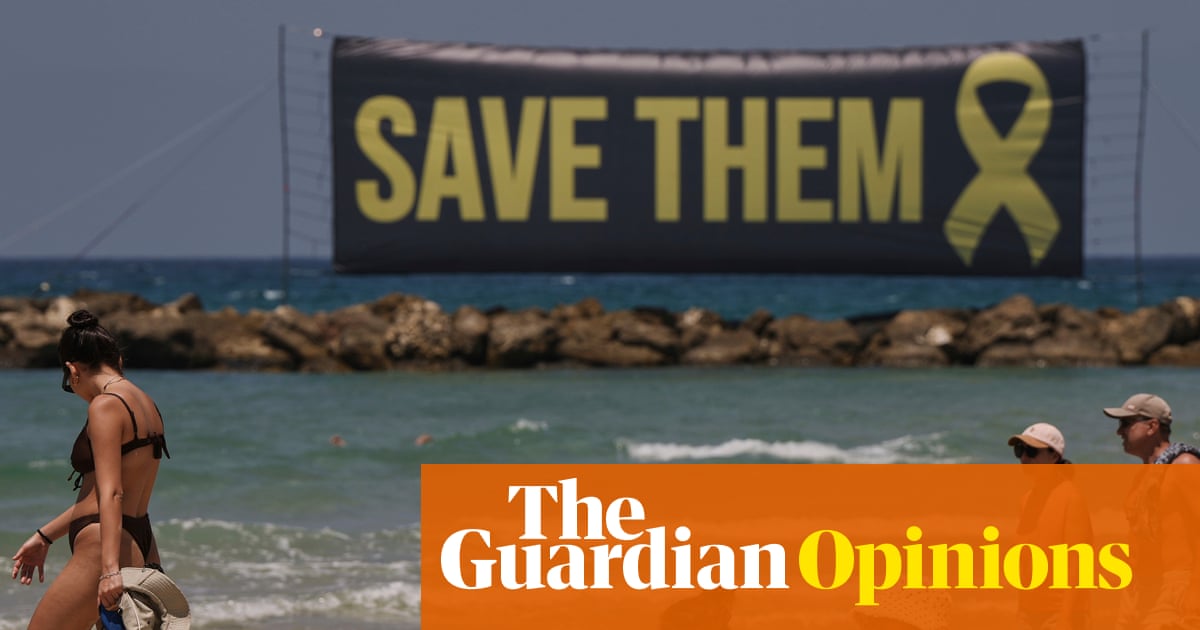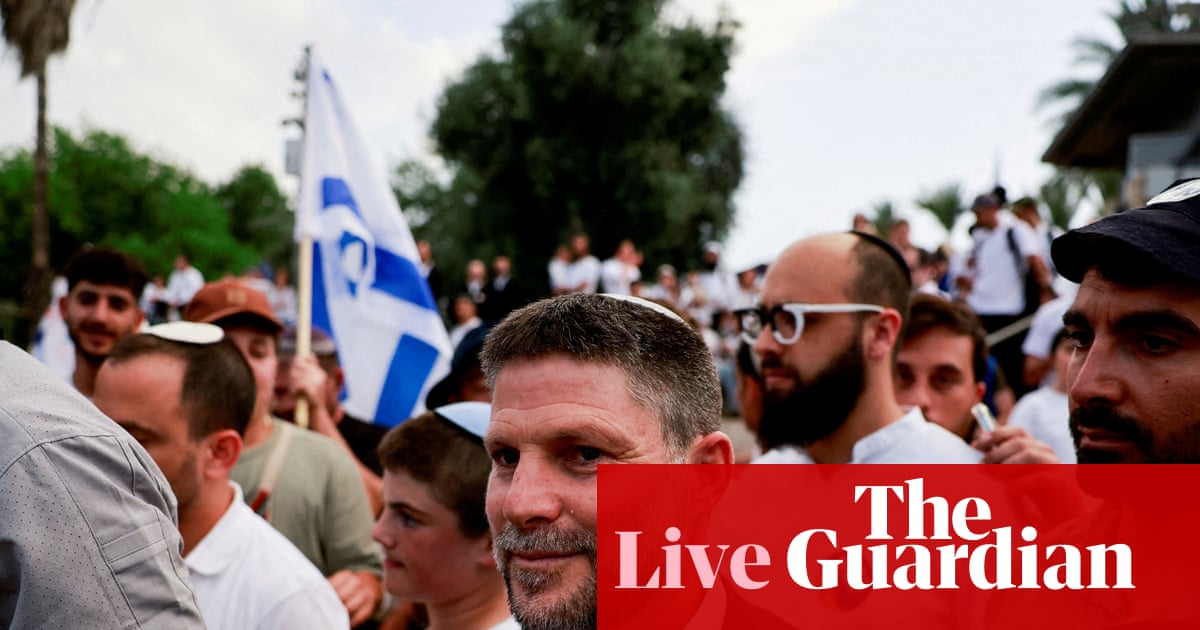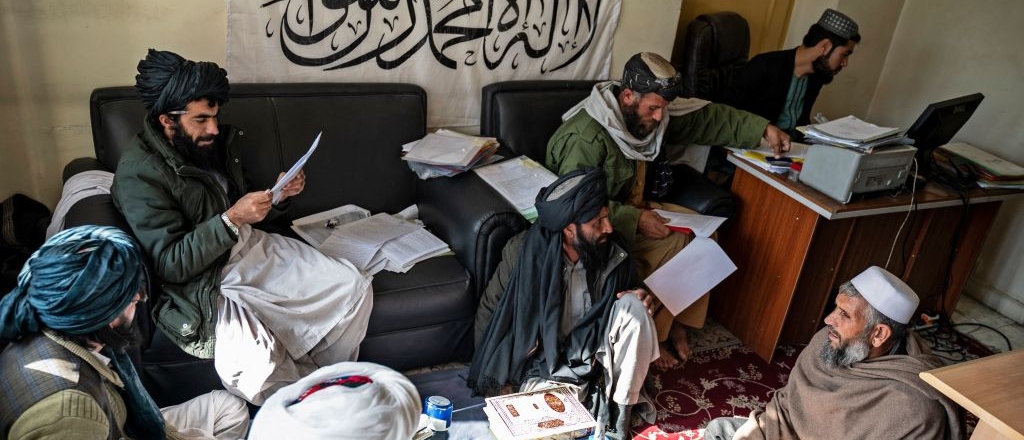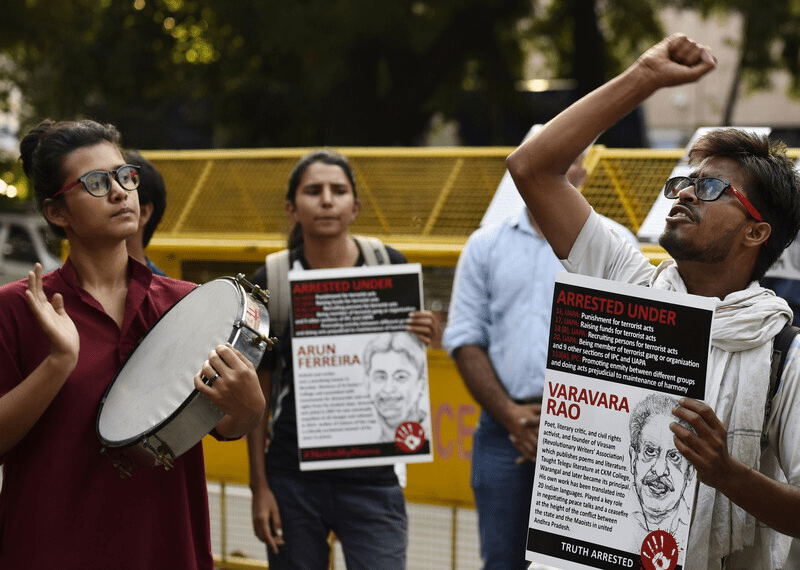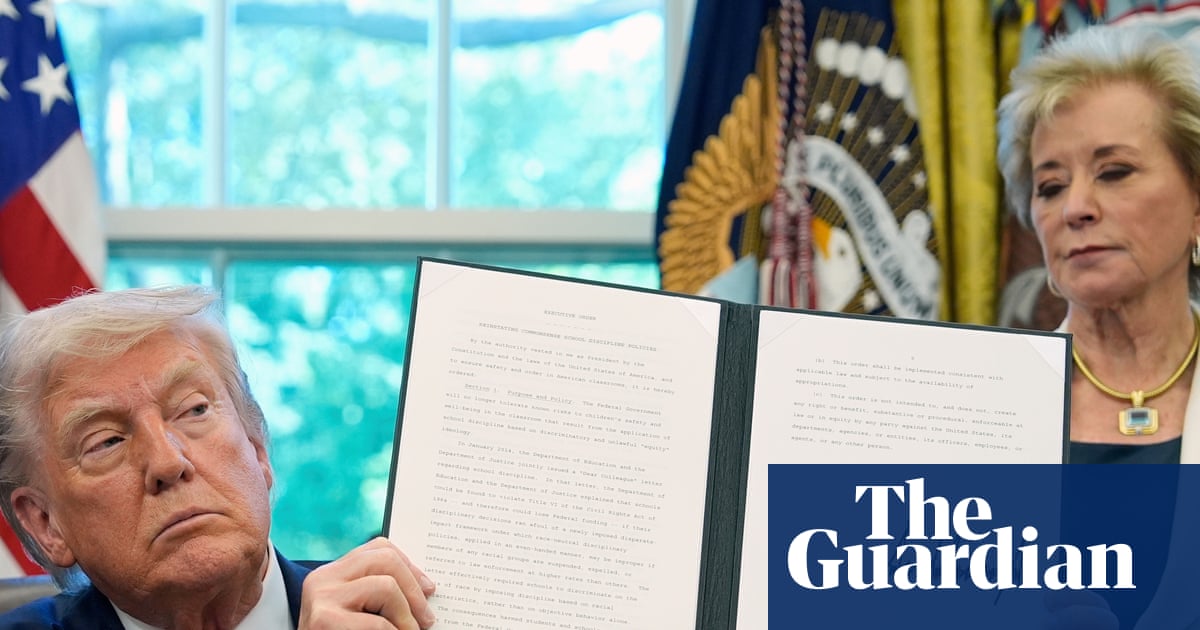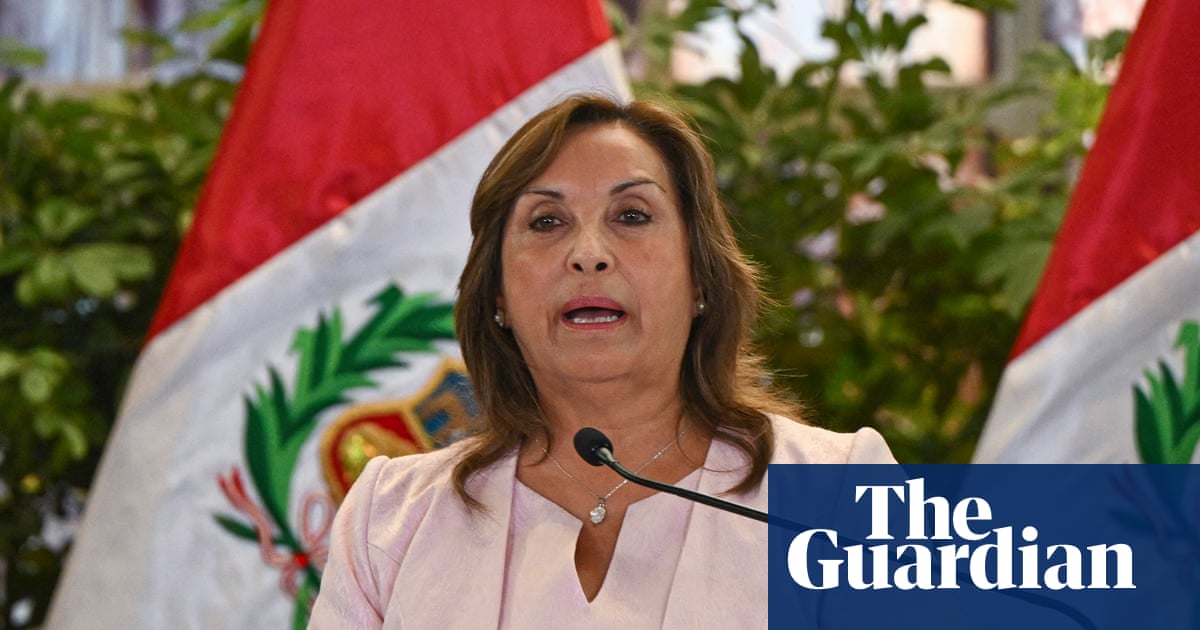On August 8, 2025, Israeli Prime Minister Benjamin Netanyahu faced intense scrutiny and criticism for his government's plan to take control of Gaza City. Multiple reports highlighted the approval of this plan, which involves military occupation and has been described as a potential war crime and a violation of civil rights. The actions have drawn widespread condemnation both domestically and internationally, with concerns about the potential for genocide in Palestine.
Detailed Analysis:
The Israeli government's decision to approve a plan to take control of Gaza City has been met with significant criticism and concern. This plan, spearheaded by Prime Minister Netanyahu, involves military maneuvers aimed at capturing the city, which has been described as a new war crime. The implications of such a move are severe, as it involves the displacement of residents and the potential for significant human rights violations. The international community, including political figures and human rights organizations, has expressed alarm over these developments, warning that they could lead to further destabilization in the region.
Netanyahu's actions have been characterized by repeated military aggression, as highlighted by his persistent efforts to capture Gaza City. This approach has been criticized as a failed military strategy that exacerbates tensions and undermines peace efforts. The repeated military maneuvers not only threaten the lives and livelihoods of Gaza's residents but also risk escalating the conflict into a broader humanitarian crisis. The potential for these actions to be classified as genocide has been raised, with credible accusations pointing to the severe impact on the Palestinian population.
The broader political landscape is also affected by these developments. Netanyahu's government faces mounting pressure from both domestic and international actors who view the plan as a violation of civil rights and international law. The warnings from global leaders, such as Penny Wong, underscore the gravity of the situation, suggesting that the occupation of Gaza could constitute a violation of international norms and potentially lead to genocide. This has prompted a reevaluation of political alliances and strategies, particularly among those who have traditionally supported Israel's policies.
The approval of the plan to take control of Gaza City represents a significant escalation in the Israeli-Palestinian conflict. It highlights a pattern of behavior by Netanyahu's administration that prioritizes military solutions over diplomatic engagement. This approach not only threatens the immediate safety and rights of Palestinians but also undermines long-term prospects for peace and stability in the region. The international community's response will be crucial in determining the future course of action and holding accountable those responsible for potential violations.
Why This Matters:
The potential consequences of Netanyahu's actions are profound, with implications for democratic norms, public trust, and citizen rights. The approval of a plan that involves military occupation and displacement raises serious questions about the commitment to human rights and international law. If left unchecked, these actions could set a dangerous precedent for how conflicts are managed and resolved, potentially leading to further erosion of democratic principles and human rights protections.
The severity of the situation is underscored by the credible accusations of genocide, which, if substantiated, would represent one of the gravest violations of international law. The impact on public trust is also significant, as citizens and the international community grapple with the implications of such aggressive military strategies. The need for accountability and adherence to democratic norms is paramount to prevent further escalation and to protect the rights and dignity of all individuals affected by the conflict.
Key Concerning Actions:
- Approval of a plan to take control of Gaza City, involving military occupation and displacement of residents.
- Repeated military maneuvers aimed at capturing Gaza City, indicating ongoing military aggression.
- Credible accusations and warnings of potential genocide in Palestine.
- Broad criticism of Netanyahu's actions, suggesting potential human rights violations and civil rights violations.

